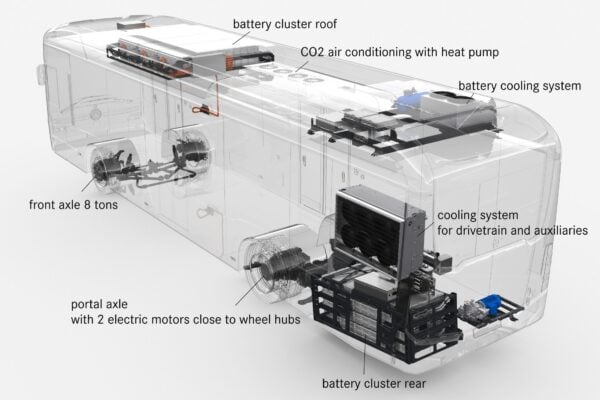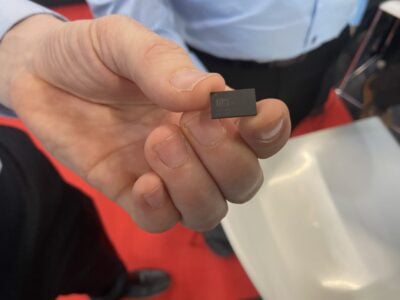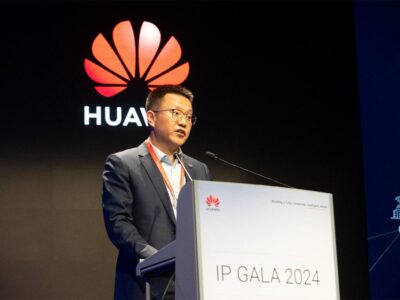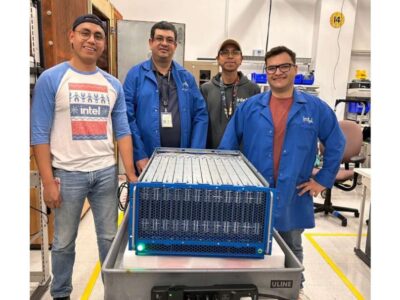
Electric bus to use solid state batteries and fuel cell range extender
The powertrain of the new eCitaro bus is based on the existing electric ZF AVE 130 axle with electric motors at the wheel hubs. The peak output of the motors is 2 x 125 kW, while the torque is 2 x 485 Nm.
The design uses modular lithium-ion batteries with a total capacity of 243 kWh, split between up to ten modules each supplying around 25 kWh. As well as two battery modules on the vehicle roof, the standard equipment includes four modules in the rear of the bus, replacing the combustion engine and transmission. Another two or four battery modules are mounted on the roof of the bus.
Each battery module is made up of 15 cell modules as well as a control unit for monitoring purposes and as a means of balancing the charge of the battery cells. Each cell module houses twelve prismatic 37 Ah cells. The modular architecture allows operators to choose range or reduce weight and allow more space for passengers, but with more charging time.
With the maximum ten battery modules, the eCitaro can carry around 88 passengers and will be launched in September.
For the start of series production, the bus is using plug-in charging with a Combo-2-plug. A roof top pantograph for en-route charging is planned.
Solid-state lithium ion batteries are also under development for the bus, providing a longer service life and a capacity of 400 kWh. This will allow the bus to be used for 70 percent of all urban journeys without needed to recharge.
The range of the eCitaro will be increased yet again by a fuel cell as a range extender. This will be designed to allow the bus to fulfil nearly 100 percent of all requirements of city buses and eliminate the need for extra charging and the associated infrastructure.
The bus has been developed as part of the German €1.85m SAEBEL project, and the fuel cell project will be funded by Germany’s “National Innovation Programme – Hydrogen and Fuel-Cell Technology” (NIP).
Related stories:
- BUS MAKER TESTS OUT NMC BATTERIES IN ALL-ELECTRIC VEHICLE
- PANTERRA MOVES TO STANDARD BUS CHARGING WITH SCHUNK
- COBALT SHORTAGES TO HIT BATTERY PRICES
- CUMMINS CONTINUES ITS ACQUISITION TRAIL FOR ELECTRIC POWER
- ABB SUPPLIES CHARGERS FOR NORWAY’S LARGEST ELECTRIC BUS FLEET
 If you enjoyed this article, you will like the following ones: don't miss them by subscribing to :
eeNews on Google News
If you enjoyed this article, you will like the following ones: don't miss them by subscribing to :
eeNews on Google News




